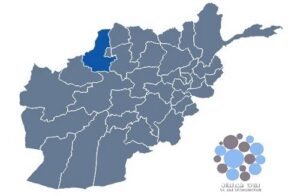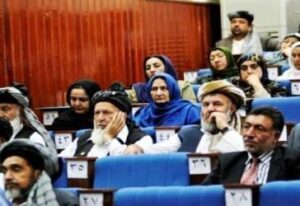KABUL (SW): Military and government representatives from 10 donor nations met to strategize Afghan National Defense and Security Forces funding and review progress on current initiatives meant to strengthen the country’s security institutions.
According to a NATO communiqué, known as the Kabul Friends of Chicago (KFC), the group consists of partners invested in Afghanistan and its security. Representatives from the Canadian, Australian, Dutch, Finnish, German, Italian, Norwegian, Swedish, United Kingdom and United States embassies were present at the quarterly session on Wednesday.
After an overview of the goals of Kabul Friends of Chicago, representatives from Combined Security Transition Command-Afghanistan provided updates on several programs directly impacting Afghanistan’s security and economic potential.
Col. Tom Tickner, CSTC-A director of Combined Joint Engineer, highlighted the creation of the Airfield Economic Development Commission recently decreed by President Ashraf Ghani.
“This commission will maximize and promote economic opportunities at six complex coalition airfields [small cities] that will be turned over to the Afghans,” said Tickner. “We will work with the Commission to balance the military mission requirements with successful economic investment.”
Efforts to overhaul the Afghan Pay and Personnel System were also introduced by Col. Robert McVay, who revamped the U.S. Army’s equivalent system.
“We need to get the right pay to the right person at the right time,” said McVay. “That’s why we’re creating a centralized payroll processing and disbursement system for the Ministries of Defense and Interior.”
Currently, the Afghan Security Institutions do not have linked, electronic systems that communicate with each other, instead relying on untimely manual systems that are more susceptible to corruption and errors.
Another improvement to the Afghan pay processing system, a recently enacted mobile money pilot, was explained by Waheed Majrooh, Essential Function One Finance Liaison.
“The mobile money pilot program in Kapisa enables police to receive salaries through their mobile phones and use cash withdrawals without having to step foot in a traditional bank,” said Majrooh. “Mobile money is a much safer and reliable method of payment than the practice of using trusted agents, which is highly corruptible and 59 percent of Afghan Local Police currently rely on.”
Following the presentations, there was time for participants to further discuss the highlighted programs’ current progress and long term strategy
ENDS





